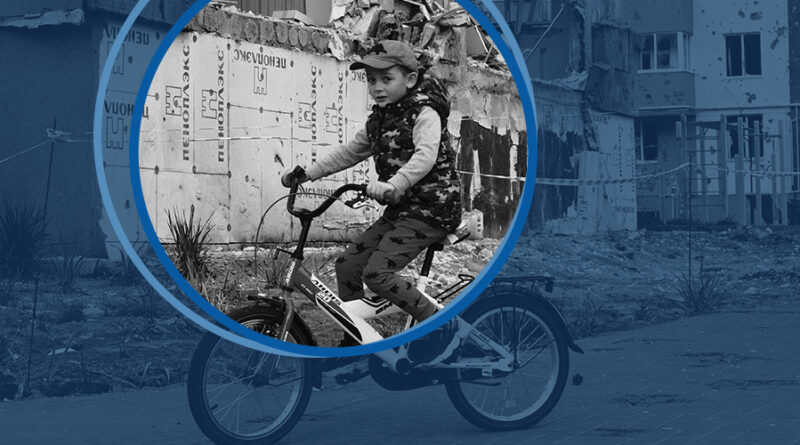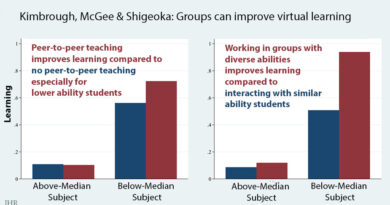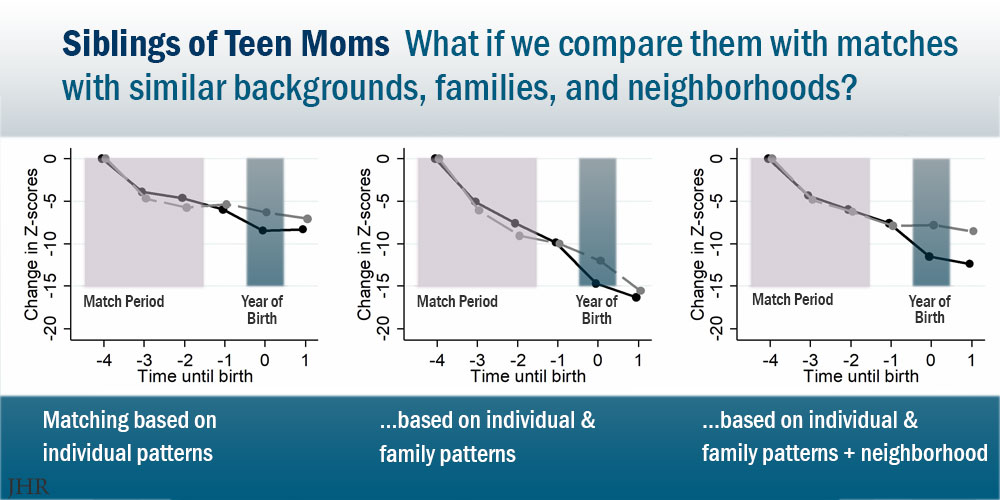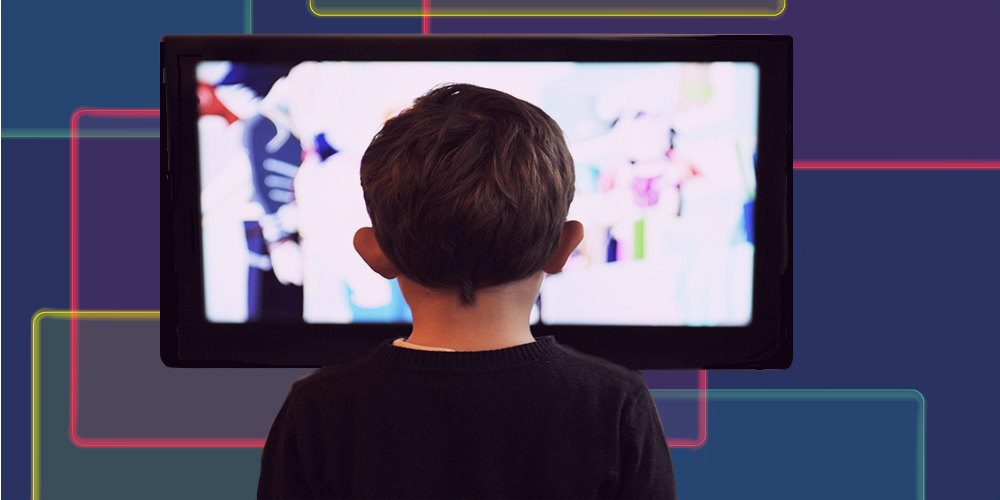After War, Do Children Realize Educational Gains?
While the horror of ongoing conflicts in places such as Ukraine, Syria, Afghanistan, and elsewhere cannot be emphasized enough, the global incidence of conflict seems to have steadily decreased since the end of the Cold War. Considering the abundant evidence that conflict hinders human capital accumulation, does this trend mean that children around the world are getting more and better education as conflict becomes rarer? Not necessarily.
As war thwarts countries’ economic potential, destroys key public service infrastructure, and replaces the government’s legitimate presence with forms of rebel governance, its legacy is likely to linger well after conflicts end. The truth is that we know very little about whether and to what extent the end of conflict improves education in the short run.
Mounu Prem, Juan Vargas, and Olga Namen investigate this question by studying the evolution of various educational outcomes around the time Colombia ended its five-decade-long internal conflict with the FARC insurgency.
At the end of 2014, amid peace negotiations with the government and as way to show internal cohesion and its commitment to peace, FARC declared a permanent ceasefire that was largely met until the agreement was signed and the group disarmed.
Prem, Vargas and Namen compared the trend in dropout rates, grade failure rates, graduation rates, and test scores in areas exposed to FARC violence versus the rest of the country, before and after the ceasefire. They find that peace largely boosted human capital accumulation in Colombia. The research team found a large reduction in school dropout and grade failure rates, as well as an increase in high school graduation and test scores in reading and math. Interestingly, the gains were highest in the areas most affected by FARC violence prior to the ceasefire relative to other areas. They find that the improved outcomes were largely the result of the plummeting victimization rates and new economic opportunities.
Read the study in the Journal of Human Resources: “The Human Capital Peace Dividend,” by Mounu Prem, Juan F. Vargas, and Olga Namen.
***
Mounu Prem and Juan Vargas (@juanf_vargas) are at School of Economics, Universidad del Rosario. Olga Namen (@olganamen) is at Innovations for Poverty Action.




